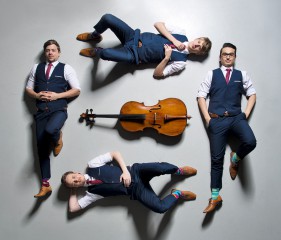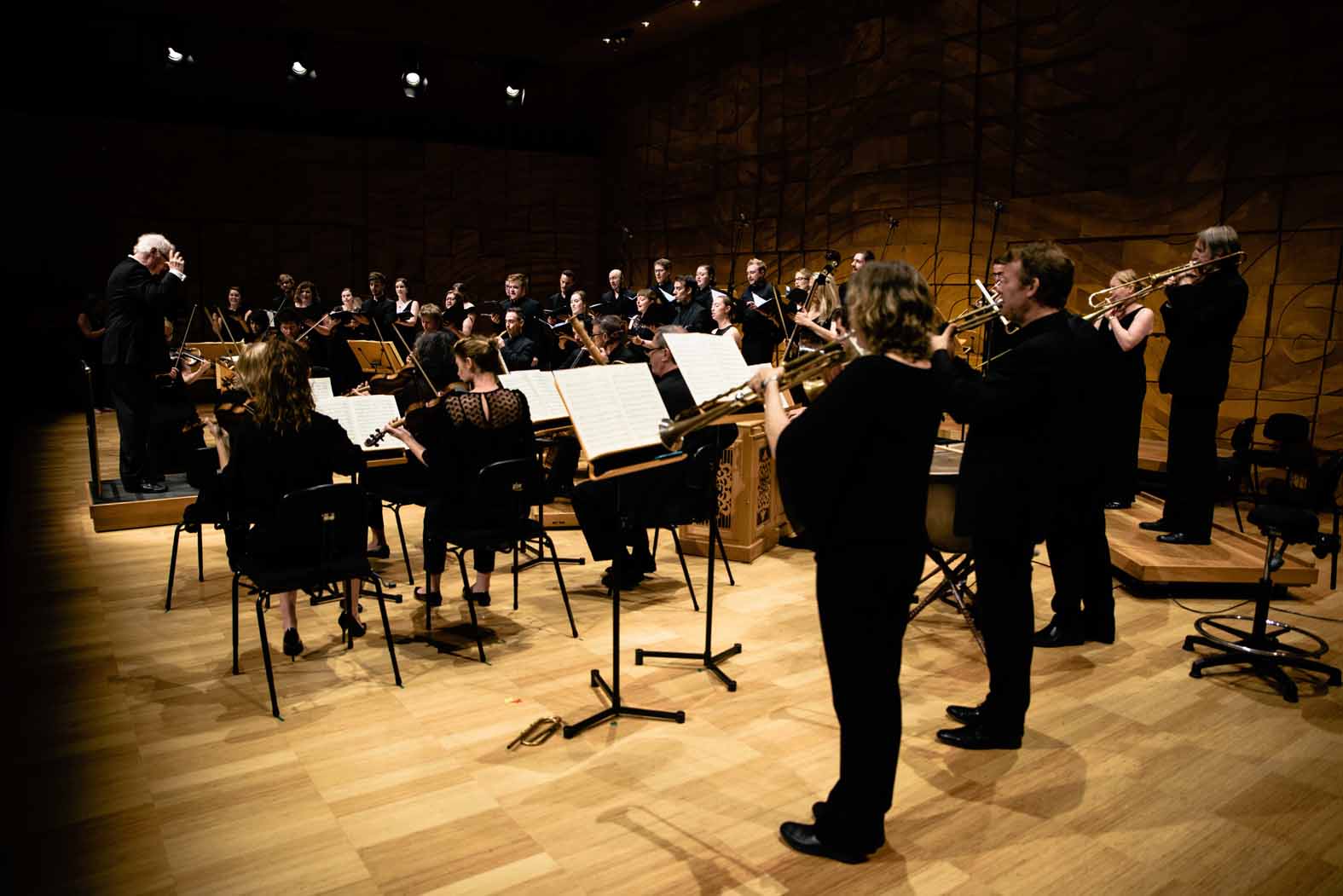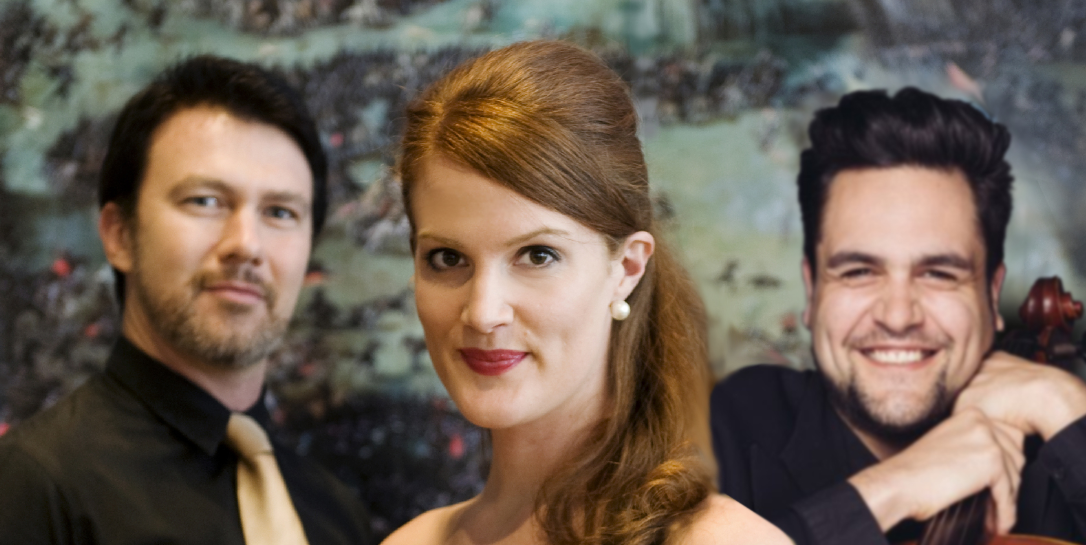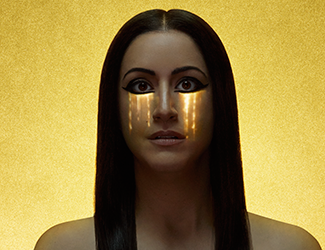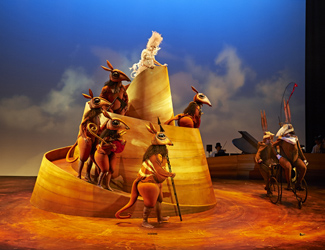Concert Review: Czech Fantasy / Orava Quartet
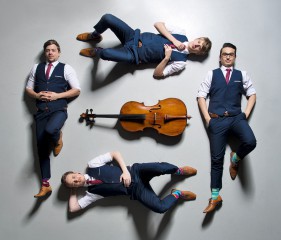
Czech Fantasy, Orava Quartet,
Utzon Room, Sydney Opera House,
26 October, 2018.
Written by Ria Andriani
Performing in the Opera House is a highlight in any musician’s tour. The Orava Quartet’s Utzon Room performance of Czech Fantasy was just that, not just for them but for their audience as well. Completing their debut Australian tour, they’re no stranger to Sydneysiders, having been part of the Utzon Room series in the last couple of years and their fans filling the intimate room with a palpable warmth.
The group was established in 2007 in Sydney and comprises brothers Daniel and Karol Kowalik (violin and cello), violinist David Dalseno and violist Thomas Chawner. The quartet has toured North America, the EU and Asia. Orava Quartet is the first Australian ensemble to be selected by Deutsche Grammophon Australia for its debut recording.
The ensemble opened its performance with Haydn’s String Quartet Op. 77, composed for Bohemian Prince Joseph Franz von Lobkowitz. The epitome of 1799 party music, it was an apt opening. Prominent violin lines were interspersed with dialogues where the cello joined in. Yet, when there were concurrent counter melodies for all, the texture did get muddy – not helped by the dry acoustic of the room.
The dancing mood continued with Erwin Schulhoff’s Five Pieces for String Quartet. It was a large contrast harmonically and stylistically to the whimsical Haydn. The dances were vigorous, full of syncopations, clustered cords and deft pizzicato. The performance did take a darker tone as the quartet serenaded us in the second movement, each player brought to the fore by the discordant melody. The mood recovered in the Folk Dance,Tango and Tarantella, with their notes of rebellion.
One of the most popular composers during his lifetime, inexplicably, Schulhoff’s name has lapsed into obscurity. He studied with Dvorak and Debussy and composed mainly between the two world wars. He was a product of a generation that produced the poet Wilfred Owen and the Dadaism of the theater – united by their disillusionment of violence. Schulhoff died of tuberculosis in 1942 in a Nazi concentration camp. The Five Pieces was an astute choice for familiarizing the audience with his work.
The most magical moment of the concert came half way through Debussy’s only String Quartet, Opus 10, when the ensemble skillfully created an atmosphere in the Andantino, doucement espressif which showcased Debussy’s brand of pliable, sensuous melody and whole-tone harmony. The quartet was at its best, with violin to the fore, accompanied by the rest of the ensemble to its triumphant conclusion.
The softness of this finale was contrasted with the encore of Woljchiech Kilar’s motoric Orawa, the region that gave the group its name. Kilar (1932-2013) was a Polish classical and film music composer. Fast, furious and incredibly dexterous, the piece impressively demonstrated how this quartet earned its mighty reputation as the movers and shakers in Australian classical music.
Ria Andriani graduated with Bachelor of Music/ Bachelor of Arts from UNSW in 2015. She now sings as a soprano with various choirs in Sydney, and presents recitals in collaboration with other musicians. Follow Ria on www.facebook.com/RiaAndrianiSoprano

